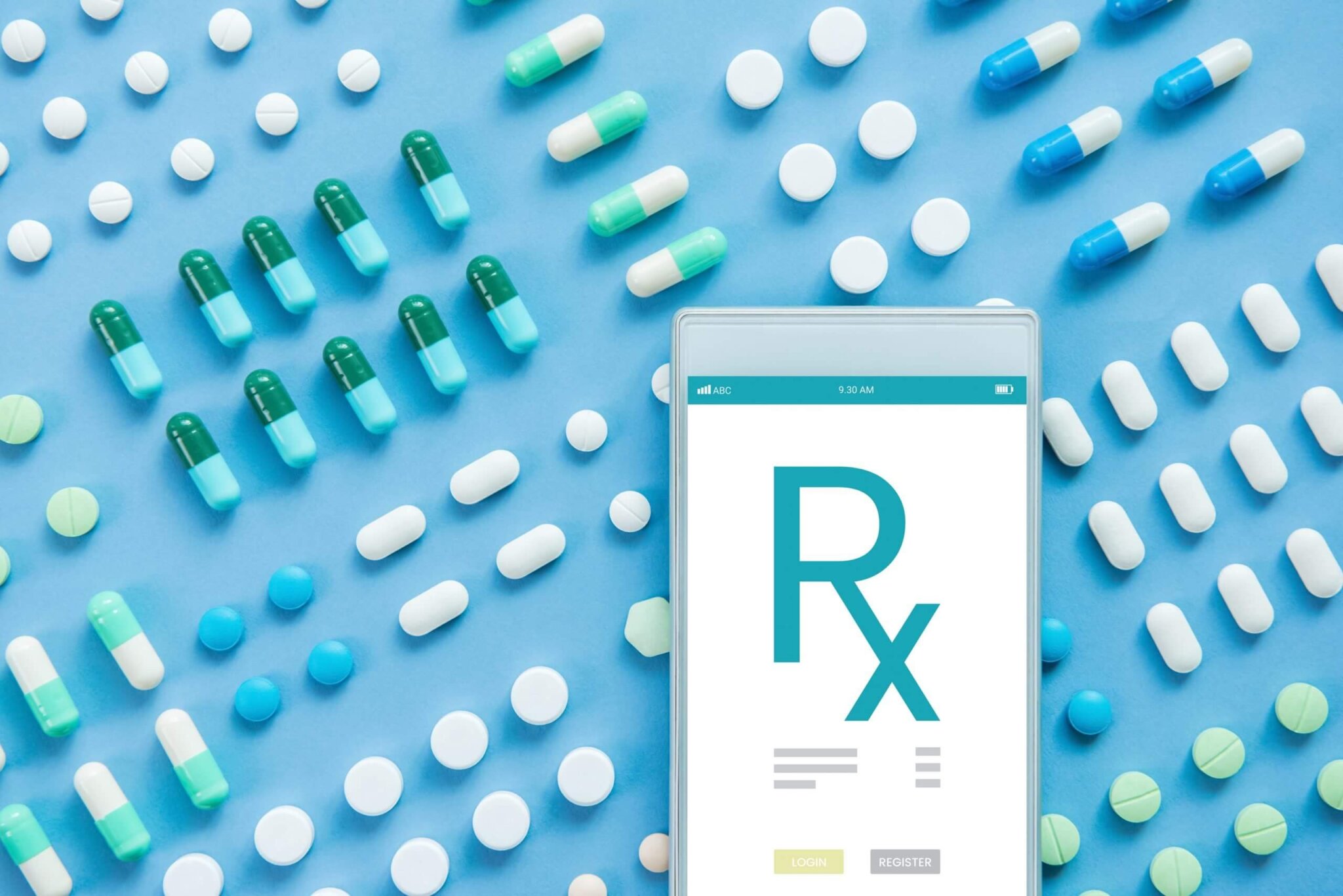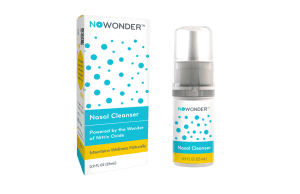 I have worked for nearly 30 years in retail pharmacy and have been asked many questions by customers. One of the most frequent themes of these queries relates to choosing between brand-name drugs and their generics. Most queries concern the substantial price differences between buying brand-name drugs and generics. People often ask me, “Why do doctors prescribe a brand-name drug when there are cheaper generics?”
I have worked for nearly 30 years in retail pharmacy and have been asked many questions by customers. One of the most frequent themes of these queries relates to choosing between brand-name drugs and their generics. Most queries concern the substantial price differences between buying brand-name drugs and generics. People often ask me, “Why do doctors prescribe a brand-name drug when there are cheaper generics?”
Before we discuss the “Whats, Whys, Ifs, and Whens” of brand-name and generic medications, let me first address another question.
Q1. Can a pharmacist offer to substitute a generic drug when the prescription specifies a brand-name drug?
The key word here is “offer”. Ultimately, the doctor is the person who has the best understanding and knowledge about a patient. We supply the specified brand when doctors prescribe a brand-name drug and write “Brand only” on the script. Substitution is not permitted. The patient can return to their doctor and request a new prescription specifying the generic form, but we cannot ignore the doctor’s specification.
On the other hand, when doctors prescribe a brand-name version of a drug without writing “Brand only,” then as long as there is a completely equivalent generic version – the same effectiveness, strength, ingredients, dosing, contraindications, warnings, and drug interactions – then I as the dispensing pharmacist can use my judgment and offer the choice between the brand-name drug and a generic. The final decision is the customer’s. As an aside, at IsraelPharm, we do our best to share as many resources about drugs and the conditions they treat as possible so that every customer can make informed decisions. Our customer support staff is committed to getting our clients all the information they need about the medications their doctor has prescribed.
In cases where there can be different outcomes between the brand and generic forms, I try to guide the choice. Some Examples of some specific cases are Lamictal/Lamogine and Tegretol/Epitol, prescribed for epilepsy, and Synthroid/Eltroxin, prescribed for thyroid problems. It is not that one is better than the other, but it’s preferable not to switch from either the brand name or the generic if it has been working correctly in the past.
Of course, choosing a generic over a branded drug has much to do with saving money. As you can see below from the short selection of commonly prescribed drugs available as generics and as branded, IsraelPharm is likely to sell the brand-name version of a drug for a lower price than the generic when sourced from U.S. pharmacies. So there’s no need to hunt for alternatives or return to the doctor for a changed prescription when the required brand-name medicine is available directly from us.
A few examples of price differences between popular competing brand-name vs generic drugs
| Brand-name | Generic names | Brand price* per dose | Generic price* per dose | IsraelPharm brand price* |
| Viagra 100 mg
For Erectile dysfunction |
Tarim, Jeligra, Sildegra | $68.97 | $65.50 | $13.88 |
| Avodart 100 mg
For Prostate |
Dutasteride | $63.80 | $5.15 | $3.57 |
| Strattera 40 mg
For ADHD |
Atomoxetine | $3.46 | $2.42 + | |
| Relpax 40 mg
For Migraines |
Relert | $95.33 | $28.87 | $20.33 |
| Spiriva HandiHaler 30 dose
For Asthma & COPD |
Tiotropium | $622.00 | $71.00 | |
| Zoloft/Lustral 100 mg
For Depression & OCD |
Serenada | $17.65 | $0.92 | $0.78> |
*U.S. prices are based on information retrieved from GoodRx. Their website collects up-to-date discount and coupon offers from all the major online pharmacies (including Walgreens, CVS, Kroger and Walmart, as well as specialized sources). The retail prices are the standard manufacturers’ list prices.
+Generic
All of our prices are for original brands unless indicated otherwise, per tablet for oral medications or per syringe/vial/pen for self-injectables. Prices correct as of December 24, 2025.
Having explained this point, I can try now to cover the wide variety of other questions that pop up when customers are looking for guidance.
Q2. What are generic drugs?
A generic drug is a substitute for a registered brand-name medication already on the market that can provide the same features, benefits, method of administration, and usage as the branded drug. A generic medicine must use the same active ingredients as its brand-name equivalent, work in the same way, and have the same clinical effects as the brand-name medicine. It must also have the same use indications. The term for this is bioequivalence.
Furthermore, generic medicines must be in the same format as their equivalent brand-name drugs (liquid, ointment, injectable, tablet, or capsule) and have the same route of administration. They must also have the same shelf life as the brand-name equivalent.
The FDA will only approve a generic form of an existing brand-name drug if the applicant company proves that the generic medicine is fully bioequivalent to the original. A company applying for registration of a generic drug must provide the FDA with proof from scientific studies that the two drugs provide exactly the same active ingredients with the same benefits and side effects.
Q3. What are the main differences between brand-name and generic drugs?
There can be minor differences in the inactive ingredients as long as they have no measurable effect on the generic drug’s performance. Essentially, they have the same risks and benefits as brand-name medicines.
The most obvious differences relate to the size, shape, and color of generic syrups, gels, pills, or capsules. There are trademark laws prohibiting a company from copying the appearance of other products, so legally, generic drugs have to be visibly different from the brand equivalent. However, any differences, for example, in color or flavor, cannot affect the bioequivalence.
Q4. Can there be a difference in quality between brand-name and generic drugs?
No. Any generic drug must perform the same way as its equivalent, which means that the quality of the drug should always remain the same. Since drug manufacturing is a highly complex operation, regulations require frequent quality checks, which apply to both the original brand-name drug producers and manufacturers of generic brands.
Q5. Why are generic drugs generally cheaper than their brand-name equivalents?
The discovery of new pharmaceutical treatments is a very long and expensive process. Companies must employ thousands of highly trained scientists and fund research in universities to make the breakthroughs that can finally end up on your medicine shelf. The process usually takes many years, often a decade or more. Getting a drug approved for sale involves laboratory research, animal studies, and many different trials on human subjects.
Along the way, many dead ends can lead to what may once have been believed to be a promising idea having to be abandoned. Only about one of every ten ideas eventually gets through the whole process and reaches the market. All of this takes substantial funding, and the companies recover their investment by having exclusive rights to sell the product for several years. In this limited window, the company has the sole prerogative to market the drug, which is protected by patent and trademark laws. Other drug manufacturers cannot produce or sell generic equivalents, and the developers can charge what they feel is the right price to earn a proper return on their whole investment.
The cost of ingredients and production costs are usually a very small component of the total cost of drugs. Instead, it is recovering the billions of dollars invested in developing the drug, which is the major component of the cost of each dose, and the company has to price the dose accordingly. This is the main reason why brand-name drugs are expensive.
Once the protection period has expired, other drug manufacturers can apply for a license to market a bioequivalent version of the original. In their case, there is no risk of failures from false starts, and none of the expenditure on initial research has to be recovered from their drug sales. Apart from fulfilling the registration requirements of the FDA and demonstrating that the drug is functionally equivalent to the original brand-name drug, there is a minimal expense other than ingredients and cost of production for generic drug producers, so they can sell their product at far lower prices and still make a profit.
Q6. What are the main reasons doctors prescribe a brand-name drug when cheaper alternative generics are available?
There are a few reasons why doctors would deliberately specify a more expensive brand-name drug when there are cheaper alternatives. The most common is a clinical judgment based on the doctor’s professional assessment of the patient’s needs. Doctors may be aware of possible adverse reactions or contraindications for this particular medicine for this patient. Based on the patient’s history of use of the brand-name drugs, the doctor may have reason to avoid changing anything. Ultimately, it’s a matter of risk vs benefit, and only a doctor can make this choice.
Another less direct reason may be a doctor’s familiarity with how a version of the drug works. It can also come down to a doctor not being aware of generic alternatives and being used to prescribing the brand-name version they are familiar with. In these scenarios, I can offer to help patients choose if there is a pressing need to switch from brand-name to generic.
Q7. What is the official US government policy regarding generics?
Bringing more drug competition to the market to reduce the cost of medicines is a top priority for the FDA. The Drug Competition Action Plan (DCAP) was established in 2017 to encourage more competition in the drug market. As part of this process, the FDA operates the Office of Generic Drugs (OGD), whose task is to ensure that high-quality generic drugs are available to the American public at affordable prices. It is required to follow a strict review process that:
- Manages the regulatory process to facilitate drug approvals
- Establishes initiatives to research generic drugs
- Publishes reports on generic drug development and review
- Offers information and educational material.













